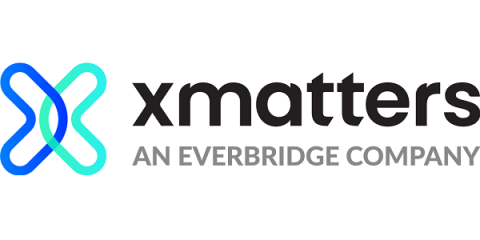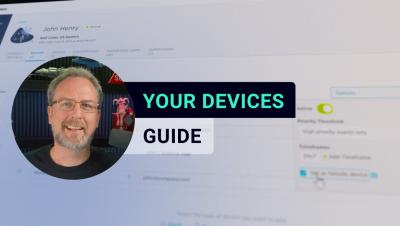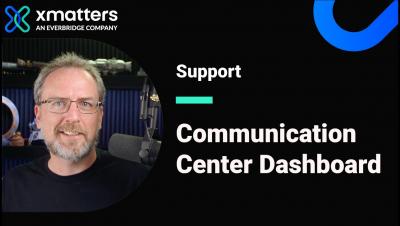Operations | Monitoring | ITSM | DevOps | Cloud
October 2021
Is it a ghost or is it Flow Designer?
Maybe it’s the time of year or the change in temperature, but sometimes using xMatters Flow Designer can seem a little… spooky? Maybe it’s the unlimited capability it offers, or maybe it’s that it can make changes for you without you being aware they’re taking place. But every once in a while, we’re not sure if we’ve just set up workflows too effectively, or that something a touch paranormal is happening with xMatters.
Viewing Your xMatters Schedule - xMatters Support
Why ChatOps & Incident Management are the Perfect Pair
ChatOps has become an integral part of software development and IT operations, as teams rely on automated notifications to take the place of manual alerts. In the past, if there was an alert, someone would need to manually find that notification. Then, they would have contact team members to notify them one by one so they could start working on a resolution. In this complex network of communications, it was easy to lose information, duplicate work, and simply waste time coordinating the team.
Managing Your Devices - xMatters Support
Your xMatters Profile - xMatters Support
Your xMatters Inbox - xMatters Support
4 Pressures at Tech Companies xMatters Can Help Relieve
Technology companies are at the forefront of innovation, changing the way consumers and the general public interact with their everyday lives. As the late Stan Lee so wisely stated, “with great power comes great responsibility,” and this heightened pressure often leaves little room for error when an issue arises—which happens more often than you’d think.
AIOps - What It Is, Why It Matters, and Advice for Adopting It
The link between DevOps and artificial intelligence for operations (AIOps) has only started to become clear within the last few years. Monitoring and alerting has evolved from a "black box approach," where you don't actually know what's happening, into observability, where you have access to data that provides everything you possibly need to know about your IT systems. How does AIOps come into play? AIOps is the practice of applying artificial intelligence, machine learning, and advanced analytics to automate and improve IT operations. Since it entered as a formal discipline with Gartner in 2016, IT teams have been trying to figure out how to employ it to make their lives easier.
Evaluating Opsgenie Alternatives
Atlassian’s Opsgenie is a leading incident alerting and on-call management tool, helping business manage their incident response and resolution needs. As part of the Atlassian product suite, Opsgenie has become one of the most popular solutions in the industry. But it’s not the only incident management tool on the market, and it’s vital when looking at Opsgenie and its alternatives, you do a deep dive into its features and abilities.
Getting the SRE Model Right
xMatters AIOps Tools Buying Guide
4 xMatters Use Cases That May Surprise You
xMatters is part technology, part service reliability, and a little bit of magic. If you’ve spent time on the xMatters website, you’ll likely have seen a number of valuable use cases for the platform—it can alert SREs when there’s a website outage, it can accelerate product development for DevOps teams, it can manage on-call schedules and alerts for support teams.
xMatters Communication Center Dashboard - xMatters Support
Evaluating Splunk On-Call Alternatives
Splunk On-Call (Formerly VictorOps) is a popular incident response and on-call management platform that allows engineering and operations teams to collaborate with ease and resolve issues faster. As part of the Splunk Observability Suite, Splunk On-Call is combined with related products to achieve the goal of bringing monitoring, troubleshooting, and investigation, into a single, comprehensive view — simplifying the process from incident detection to resolution.














